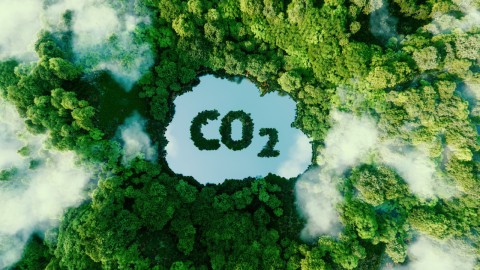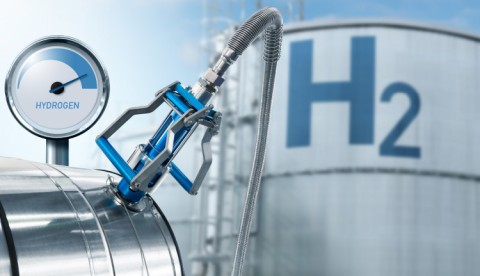Why do oil and gas sources need to be entirely cut out? What consequences could arise from a complete halt of these fossil fuels? Are renewable energy technologies ready to carry this load overnight? Other than the known issue of increasing carbon emissions, the oil and gas industry is starting to feel the heat to reduce the impact on climate change by mitigating their respective carbon dioxide footprint. The global community has not been able to come together to stop using fossil fuels. However, there are a couple of middle-ground solutions: phase-out and/or substitutes.
While the deal text of COP 27 called for efforts to phase down use of unabated coal power and phase-out inefficient fossil fuel subsidies, some countries had pushed to phase out, or at least phase down, all fossil fuels. However, while some may see this as harsh and impractical, other oil and gas experts are suggesting having less carbon-intensive oil and gas fuels instead (ie. Natural gas).
General Overview
Firstly, according to the International Energy Agency (IEA), there is no place for the construction of new oil and gas projects if we are to keep global warming to 1.5°C; the oil and gas projects that are currently in operation or under establishment could meet the current necessary demand.
In light of the market prospects, the Paris Agreement makes it obvious that the speed of nations’ actions to reduce emissions would change. Additionally, it was suggested during recent talks that the wealthier nations could fund and offer various forms of assistance to help poor nations make the shift.
Because of the gravity of the situation, equality can no longer be handled just by varying the intensity and timeliness of mitigation activity among nations. Even though wealthy nations move more quickly, lower-income nations that largely rely on oil will require a significant increase in climate financing in order to completely transform their economy in much less than three decades.
Phase-Outs
A speedy and fair phase-out of all carbon fuels, including oil, gas, and coal, is seen as the only way to achieve environmental objectives, avert the very worst effects of climate change, prevent fossil fuel deadbolt, and prevent stranded assets, notwithstanding the work on creating a loss and damage reserve. A draught conclusion at the COP27 event, following weeks of discussions, offered a “compensation fund for climate change damages” but stops flat on the Western desire for a phase-out of petroleum sources. The question becomes, ‘If we can actually aim to phase-out oil and gas fuels by 2030, how fast should this process be, and should all countries have the same goals?’
According to the International Institute for Sustainable Development (IISD), Canada and The United States of America, have the same goal to phase-out oil and gas sources by 2030 by 74%, and eventually all oil and gas should end by 2034. On the other hand, in developing nations such as Angola or Nigeria, the goal is to reduce oil and gas sources by 14% by 2030, while eliminating oil and gas sources over a longer period of time, by 2050. Egypt stands in between both extremes with a goal of reducing oil and gas sources by 18% by 2030 and eliminating all oil and gas sources by 2045.
Thus, as suggested by a Sustainability Manager in the Renewable Field, “We [Egypt] must aim to limit as much as possible uses of fossil fuels and make a fast shift to sustainable energy with the help of the people and government bodies. Personally, I believe to stop using all of the oil and gas now is hard and impossible and [damaging to the economy].” Hence, another alternative is suggested as a middle-ground solution: substitution.
Oil & Gas Substitutes
Additionally, the problem with using hundreds of hundreds of millions of litres of fuel is that there isn’t a quick substitute for traditional fuels like crude oil and probably won’t be for a while, especially as global energy demand rises. Natural gas, wind, solar, nuclear, and biofuels have made progress against oil which emits greenhouse gases, but there remains a considerable distance to go before these affordable, effective power sources can be phased out.
Since it burns cleanly and is widely available around the world, natural gas may also be a useful replacement for oil and petrol. Despite being categorized as a fossil fuel, natural gas may be utilized as an alternative fuel because it is a renewable resource. In comparison to petrol and diesel, natural gas has a reduced carbon footprint and is, therefore, more environmentally friendly.
Furthermore, green Hydrogen and other sectors have long used hydrogen. This green hydrogen fuel has been utilized in fuel cells for vehicles, and aircrafts. In fact, international commerce will be facilitated by the development of standardization for the secure transportation and storage of large quantities of hydrogen fuel as well as for assessing the environmental effects of different hydrogen sources.








